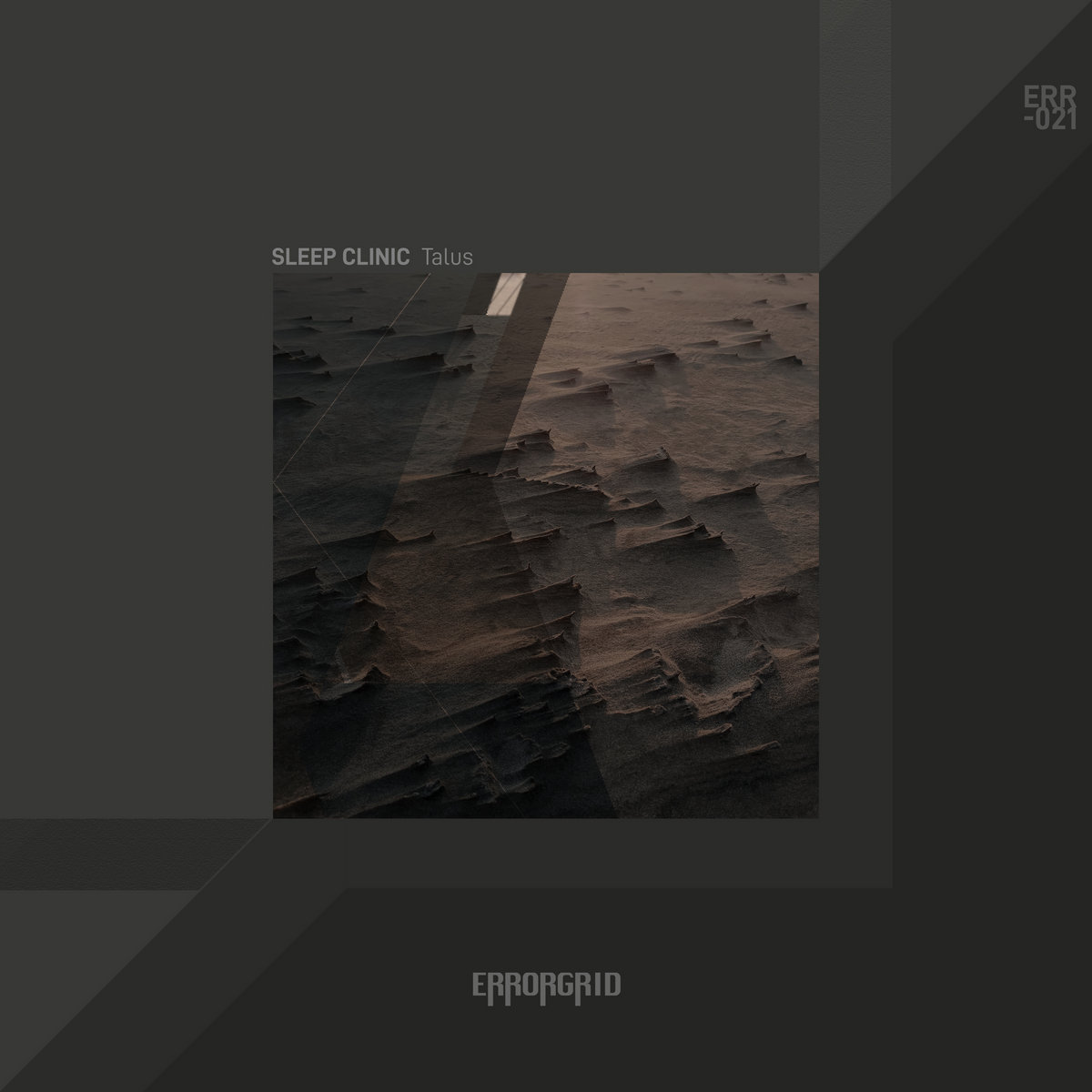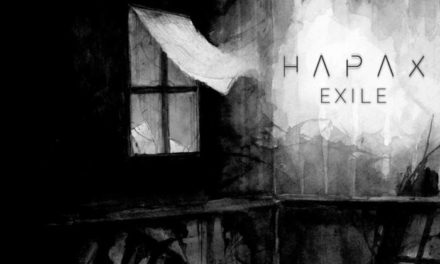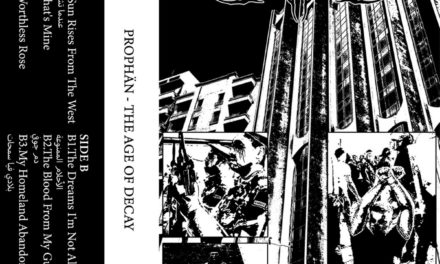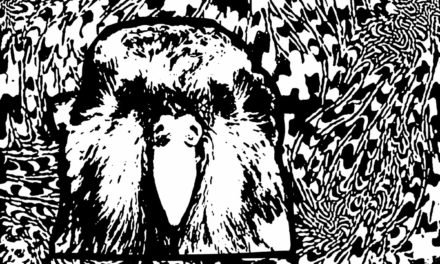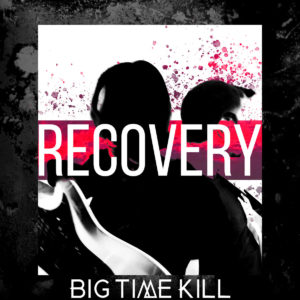
Big Time Kill
Recovery
Glitchmode Recordings
While it’s probably not a misnomer to call the music made by Boston duo Big Time Kill industrial rock, they don’t fall into major modern schools that sound can be divided into; their music is neither slick cyberpunk, sludgy noise-rock nor indie metal adjacent. Their stuff, especially on new EP Recovery lands somewhere between nervy alternative rock and solid meat and potatoes midwest industrial. Check the slinky bass and drum programming on the title track before the big guitars come in, the track’s swinging groove carrying Adam Schneider’s melodic vocal aloft, recalling The Real Thing era Faith No More and Sister Machine Gun in equal measures. Those comparisons carry over to “Dreams”, although the song’s metallic percussion, mid-tempo programming and distinctly unquantized guitar licks give the track a groovy, moody feel. Where closer “Shallow” feels like the most straightforward of the four tracks, setting up a bouncy bit of drum programming that pushes loud-soft section dynamics, the EP’s second track “Cliché” shows some of the band’s most interesting creative tendencies off; the strummy guitar, halting rhythm section, jazzy breakdowns and lilting vocals that built to a whoa-oh climax aren’t the sort of thing you generally hear in mechanized rock. Then again, that willingness to reach beyond standard industrial rock tropes is what sets Big Time Kill apart.
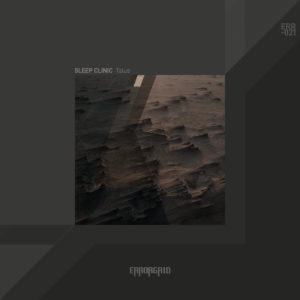
Sleep Clinic
Talus
Errorgrid
Those unfamiliar with Jeff Swearengin’s solo project might surmise that Sleep Clinic trades in drone and ambient based on the name alone, and they wouldn’t be half wrong. But the producer, general man about LA, and now fully-fledged member of FLA isn’t boxing himself in, and continues to use the project as a means of taking deep dives into compositional and sound design experimentation. New LP Talus finds Swearengin adding healthy blasts of glitch to his alternately smoothed out and abrasive soundscapes, sending deep space pings and pitch bends swarming through the shadowy bodies of tracks like “[Active]” and “[Active Slipstream]”. The promo copy refers to the record’s engagement with “the concept of memory erosion [through] harmonic content that is stripped off”, and “[Suspension]” and “[Relive]” certainly deliver on that concept, feeling as though they’re built around the halos and patinas of tones cut or muted from the final version, leaving echo and reverb with no source sound. Talus is dense and dark without ever abandoning itself to total chaos.

